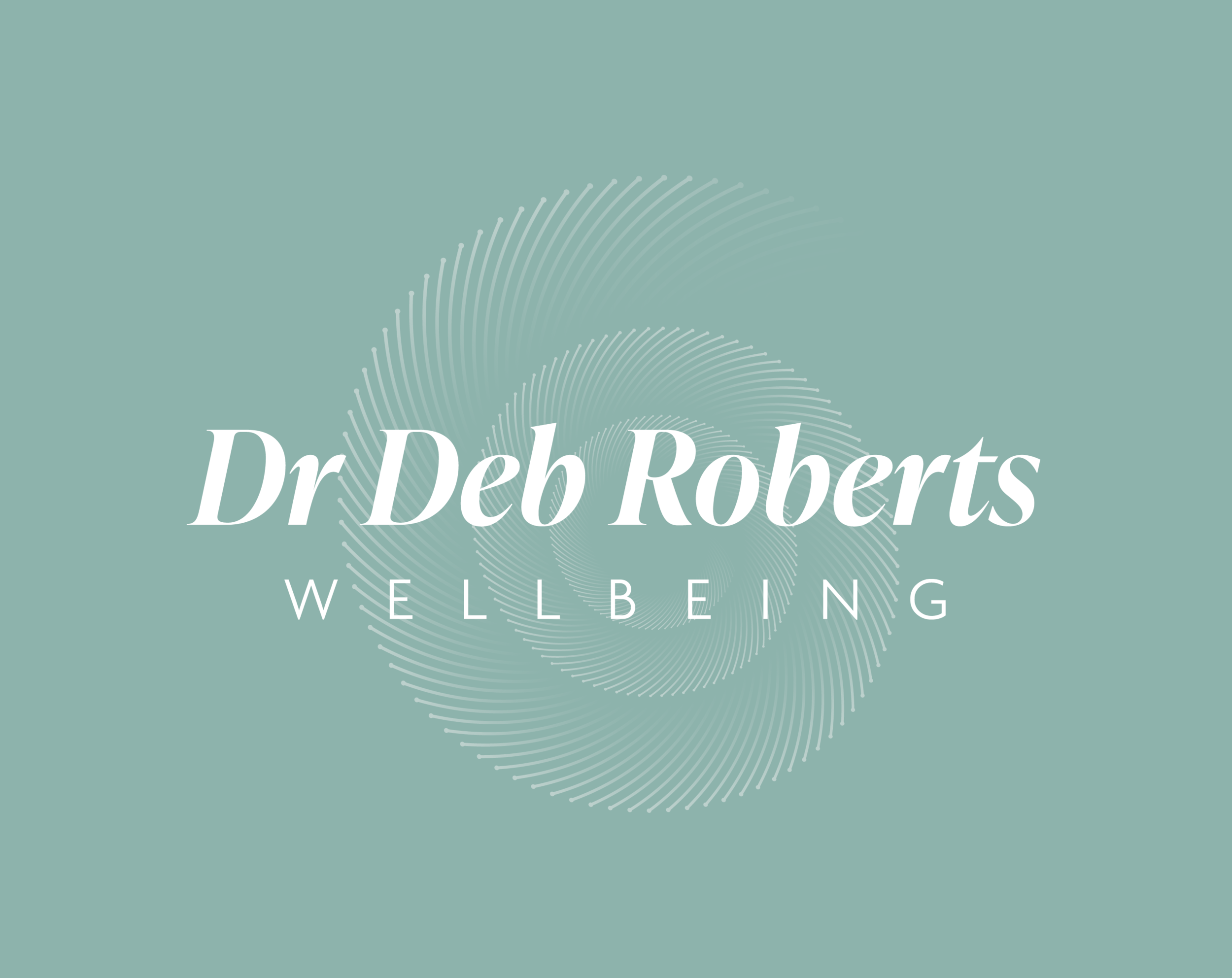Our diverse lens on life
In my opinion sunrises and sunsets are one of natures most beautiful creations and the very definition of magnificence.
Recently I went to dinner with my family and we were ‘chasing’ a sunset, to view it as it was setting.
As it started to set, its hues were deep orange and bright. I recall catching a glimpse of this beauty, and then got distracted by my phone and the urge to finish typing an email on the run.
Does this distraction sound familiar?
When I looked up a couple moments later the sun had gone behind the clouds. “Oh that’s ok,” I said to my kids, “the sun is always there, even when we can’t see it.”
Quietly though, I was disenchanted that I couldn’t see it anymore. Had I not satiated an urge to ‘do’ something and stayed in the moment , I would have viewed more of the magnificence of the sun setting. The email really could have waited.
Does this sound familiar too?
When we arrived at our destination and the sun was behind the clouds but I decided to go outside at the official sunset time and take a few shots of what I could see.
I captured a gold lining on the clouds, reflecting the sun behind them and this gave me a sense of inner joy, fleeting, but it was there.
When I finished taking my photos, someone behind me asked if they could see my photo and remarked that the sunset looked ‘bruised and moody.’
I thought ‘bruised and moody’ was an interesting description. We had both seen the same event and yet through very different personal lenses, we felt very differently about it. I wondered what had happened in her day to make it seem bruised and moody.
Recently I finished an 8-week student program at a primary school that was centred around building confidence, resilience and social/emotional skills.
I found the notion of seeing the world through different lenses, shaped by our biology and our experiences, very helpful as I worked with the students and their own unique styles of learning and understanding the world around them.
There is a breadth of skills and energy involved in holding the space and supporting and challenging each student to experience a range of things in a safe space. By doing so they can discover their own ways of seeing, or their ‘lens’ of the world.
Some students found the program fun and playful, others challenging, others deeply meaningful, which is of course totally normal. And as we each navigate the world through our our lens, we must remember that we are unique as well as similar in many ways.
We must also remember to apply self-compassion and learn that that the way we see the world is valid and that all feelings are OK! Learning that all feelings are OK is a major pillar of the SOS-Care program offering. It is about learning how to honour and acknowledge feelings and related responsibility of resulting actions and behaviours.
To finish the anecdote about dinner and the sunset with my family, we sat around the table looking out at the sea with our different ‘lenses’ and, I asked each of us to ponder from our own ‘lens’ the easiest and more challenging parts of our day?
I first asked “What were the easiest parts of what we experienced in our day?’ (Not always wisest choice, but just easier).
I found the range of responses from my family, gathered around the table, very interesting.
· Pleasing others (age 45)
· Losing my temper at my brother! (age 11)
· Playing footy (age 8)
· Saying no to an engagement (age 47)
Then I asked “What were the more challenging parts of what we saw and experienced in our day?”
· “The responsibility of deciding right and wrong” (age 47)
· “Saying yes” (age 8)
· “Feeling what other people are feeling” (age 11)
· “Feeling satisfied” (age 45)
Isn’t it thought provoking that the way we see and respond to life, our lens, can be unique by gender, in age and stage in life and yet we are bonded by all being human, having a range of thoughts, feelings and emotions.
What is true for us all is that we have the innate capacity to modify our lens over time as we grow and learn and become more compassionate towards ourselves and to others.
How different do you think the lenses are between yourself and your students today? How could this line of enquiry work to gauge and celebrate the diversity and learning growth in your classroom?
Suggested futher reading: Kristin Neff, Self-Compassion: The Proven Power of Being Kind to Yourself, Harper Collins: New York, New York 2011


